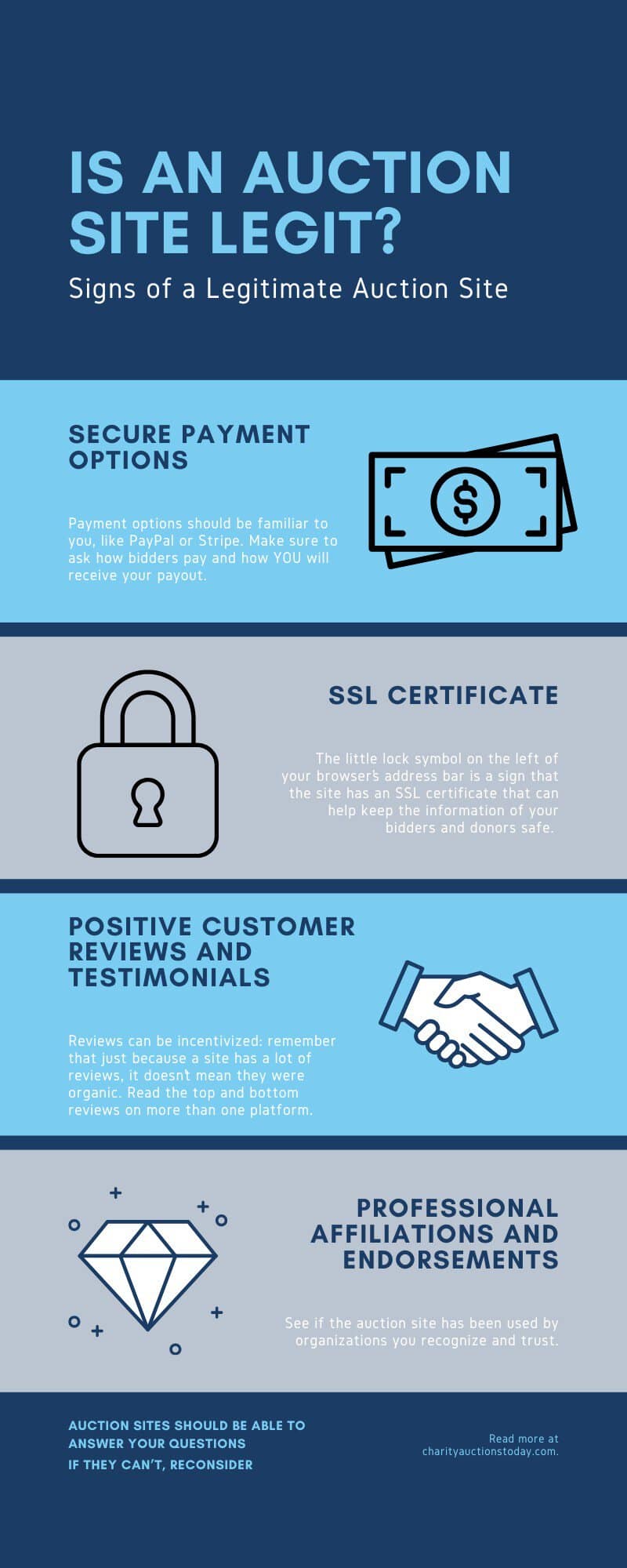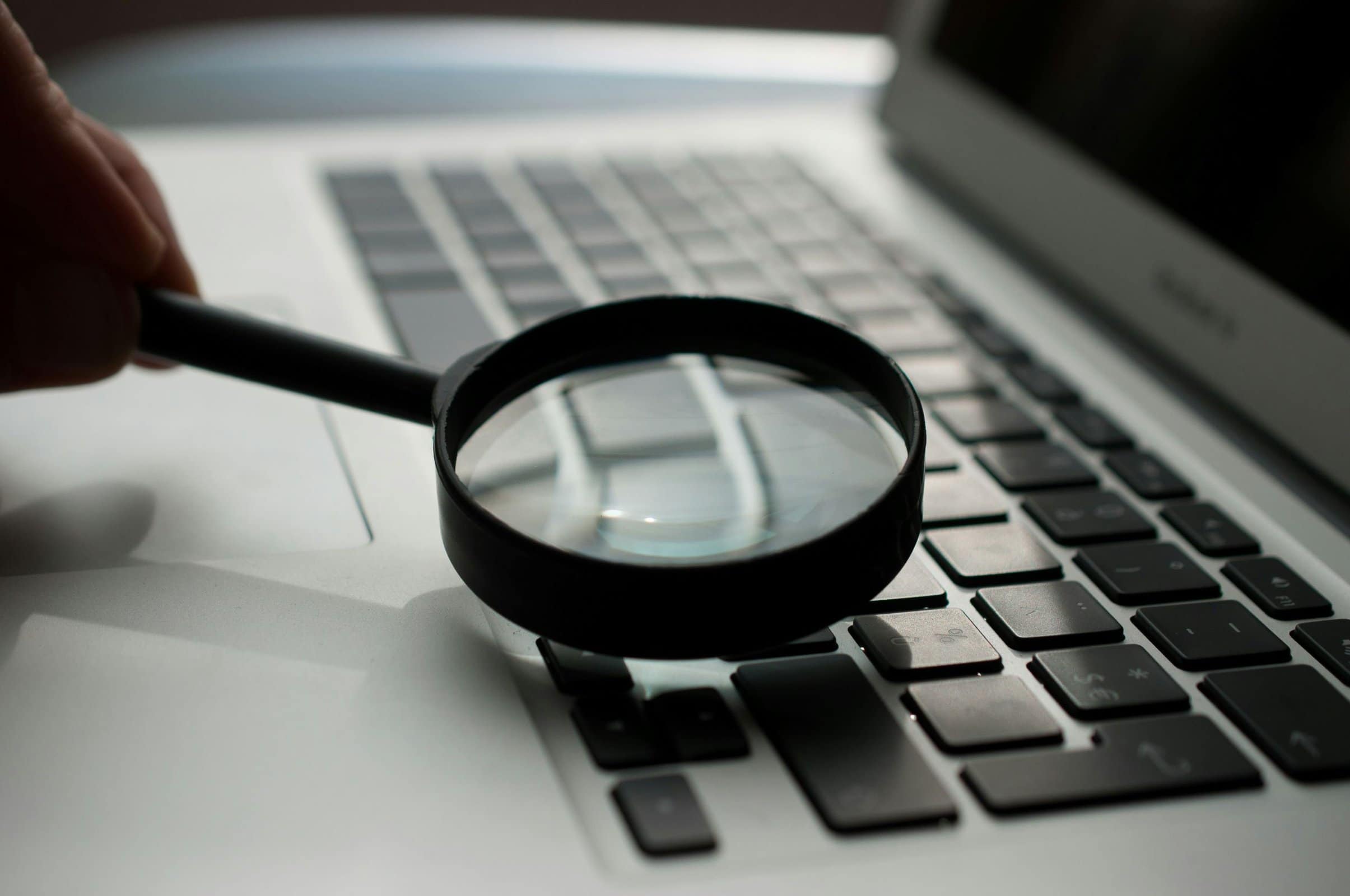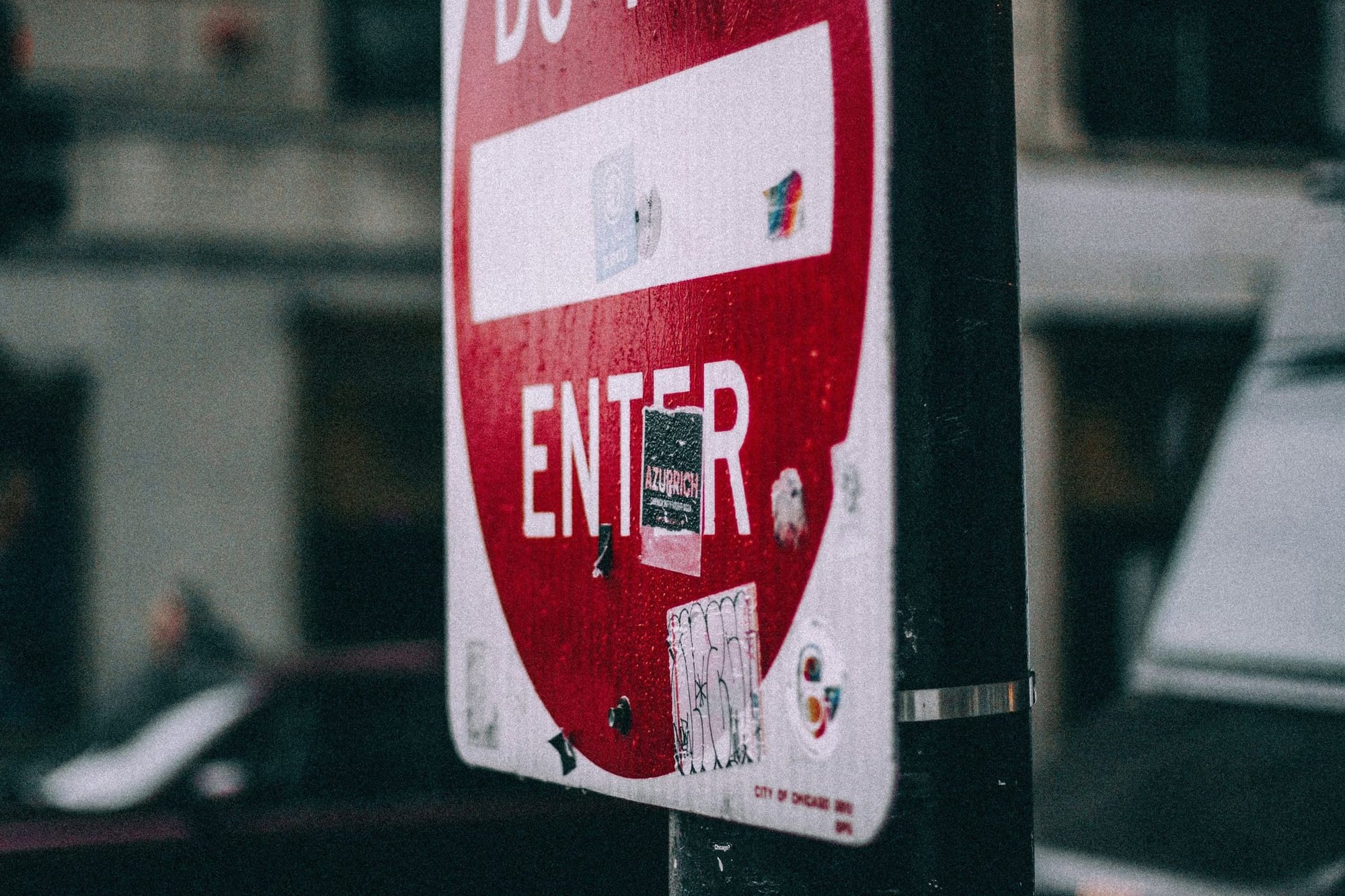Learn how to vet an auction site. CharityAuctionsToday can help you tell whether an auction site is legit with tips on researching its history and transparency.
Navigating the world of online auctions can be a thrilling experience. The anticipation of winning a bid, the rush of a last-minute steal, it's all part of the allure.
But how can you be sure that the auction site you're using, for business or fundraising, is legitimate? How can you protect yourself and potential donors from scams and fraud?
Don’t Gamble with Trust — Use a Platform You Can Count On
You now know how to spot red flags. Launch your auction with a platform built for integrity — full transparency, secure processes, and nonprofit-first support.
Launch a Trustworthy AuctionIn this article, we'll guide you through the process of vetting an auction website. We'll provide you with actionable advice on how to research charity auction sites and identify the legit ones.
Whether you're a seasoned bidder or a newcomer to online auctions, this guide will equip you with the knowledge you need. You'll learn how to spot the signs of a trustworthy auction site and avoid the pitfalls of the unverified ones.
So, let's dive in and explore the world of auction site legitimacy. Your safe and successful hosting and bidding experience starts here.
Understanding Auction Site Legitimacy

Have you ever found yourself Googling, "Is Givebutter legit?" (Or BiddingOwl, or GalaBid, OneCause–CharityAuctionsToday even!)? It can sometimes be hard to tell if something is too good to be true.
Auction site legitimacy refers to the authenticity and reliability of an online auction platform. It's about whether the site operates in a fair, transparent, and legal manner.
Legitimate auction sites prioritize user safety, provide secure payment options, and have clear terms and conditions. They also have a solid reputation, backed by positive customer reviews and professional affiliations. Understanding these factors is crucial in distinguishing legit auction sites from potential scams.
Signs of a Legitimate Auction Site
Identifying a legitimate auction site involves looking for certain signs. These signs indicate that the site values user safety and operates in a transparent manner.
Firstly, a legit auction site will have secure payment options. This includes credit card payments, PayPal, or other trusted payment gateways.
Secondly, the site should have an SSL certificate. This ensures that all data transferred between the user and the site is encrypted and secure.
Thirdly, customer reviews and testimonials can provide insights into the site's reliability. Lastly, professional affiliations and endorsements can further attest to the site's legitimacy.
Here are some key signs to look for:
- Secure payment options
- SSL certificate
- Positive customer reviews and testimonials
- Professional affiliations and endorsements

Secure Payment Options and SSL Certificates
Secure payment options are a must for any legitimate auction site. These options ensure that your financial information is protected during transactions. If the payment options aren't ones you recognize, you and your bidders might have a tough time paying, let alone trusting that your payments will be secure.
In addition, an SSL certificate is another crucial sign. It encrypts data transferred between you and the site, adding an extra layer of security. You can check this by first looking to see if its URL has "https" rather than just "http" in it. Then, click the padlock symbol in the address bar of your browser to double check that the site has a certificate from a trusted authority.
Customer Reviews and Testimonials
Customer reviews and testimonials are valuable resources when vetting an auction site. They provide firsthand accounts of user experiences, highlighting the site's strengths and potential red flags.
Remember, though, to look for reviews on independent platforms for unbiased opinions. Here are five of the best-reviewed charity fundraising companies to get you started.
Professional Affiliations and Endorsements
Professional affiliations and endorsements can also indicate an auction site's legitimacy. These could be from industry bodies, consumer protection agencies, or well-known companies.
Such affiliations show that the site is recognized and trusted within the industry.
Researching Auction Sites: Due Diligence Steps

Before engaging with an auction site, it's crucial to do your due diligence. This involves researching the site's background, checking its transparency, and assessing its user interface.
Start by looking into the site's history. How long has it been operating? Has it been involved in any controversies or legal issues?
Next, check if the site is transparent about its terms and conditions, fees, and auction processes. Lastly, assess the site's user interface. A legit site will have a user-friendly interface and reliable customer support. Here are some steps to follow:
- Research the site's history and background
- Check for transparency in terms and conditions, fees, and auction processes
- Assess the user interface and customer support
Checking for Transparency and Fair Practices
Transparency is a key indicator of a legit auction site. The site should clearly outline its terms and conditions, fees, and auction processes.
If this information is hard to find or understand, it could be a red flag.
The Importance of Customer Support and User Interface
A user-friendly interface is another sign of a legitimate auction site. It shows that the site values its users and strives to provide a seamless experience.
Most sites will offer you a free demo so you can see their UX in action. Or, like ours, you can start building your auction for free (we don't make any money if you don't raise any).
Equally important is reliable customer support. This ensures that users can get help when they need it, further enhancing the site's credibility. This is another reason to create a test auction or request a demo. It gives you an opportunity to contact customer service representatives and ask questions to see how they respond.
Risks of Using Unverified Auction Sites
Using unverified auction sites can expose you to several risks. The most common is falling victim to scams. Scammers can manipulate auctions, sell counterfeit items, or fail to deliver the purchased items.
Another risk is the potential loss of personal data. Unverified sites may not have secure data protection measures, putting you and your bidders' personal and financial information at risk.
Lastly, you may face unfair practices. These can include hidden fees, misleading product descriptions, or biased dispute resolution processes.
Recognizing Scam Auction Sites
Recognizing scam auction sites can be challenging, but there are some telltale signs. One is pressure from auction hosts to complete transactions quickly. Scammers often rush buyers to prevent them from doing proper checks.
Lastly, be wary of sites that ask for payment through unconventional methods. Legitimate sites will offer secure payment options like credit cards or PayPal.
Reporting and Dealing with Fraudulent Auction Sites

If you suspect an auction site is fraudulent, it's crucial to report it. You can report to local law enforcement, your bank, or consumer protection agencies. These bodies can investigate and take action against the site.
In addition, you should stop using the site immediately. If you've made a purchase, contact your bank to dispute the charges. Remember to keep all documentation related to the transaction as it can be useful in the investigation.
Final Thoughts on Auction Site Legitimacy
Determining the legitimacy of an auction site is a crucial step before engaging in any transactions. It's about protecting your money, personal information, and ensuring a fair bidding process.
Remember, a legitimate auction site will prioritize user safety, transparency, and customer satisfaction. Always do your due diligence, and when in doubt, stick to well-known and established auction sites. Stay safe and happy bidding!
Frequently Asked Questions
What makes an online auction site “legit” for nonprofits?
A legitimate platform clearly identifies its company, uses secure payments, discloses pricing and policies, offers responsive support, and gives you control of your data (exports, deletion, and privacy protections).
What are quick red flags that an auction site isn’t trustworthy?
- No visible company name, address, or team page.
- Missing or vague pricing; “contact sales” for basic costs.
- No Terms, Privacy Policy, or Refund/Chargeback policy.
- Only wire/crypto payments; no mainstream processors.
- Pushy sales tactics, unrealistic guarantees, or “too good to be true” claims.
What basic website checks should we do before engaging a vendor?
- URL uses HTTPS with a valid certificate (lock icon).
- Domain matches branding (watch for misspellings/extra characters).
- Clear, consistent contact info (not just a webform).
How do we verify the company behind the auction platform?
- Look for a registered business name, physical address, and leadership team.
- Check for customer case studies with identifiable org names.
- Ask for two recent nonprofit references similar to your size and event type.
How can we tell if pricing is transparent and fair?
- Request a sample invoice based on your expected items, bidders, tickets, and SMS volume.
- Confirm payment processing rates, payout timing, and refund/chargeback fees.
- Ask about add-ons (texting, ticketing, seating, custom domains) and overage rates.
What should we look for in payment processing and security compliance?
- Card processing through reputable gateways; support for Apple/Google Pay.
- Clear PCI-DSS responsibilities and no storage of full card numbers by staff.
- Role-based admin permissions and multi-factor authentication (MFA).
How do we confirm we own our donor/bidder data and it won’t be sold?
The contract and Privacy Policy should state you own your data, can export/delete it, and that the vendor does not sell personal data. Look for clear language on sub-processors and data retention.
Why do Terms, Refunds, and Chargeback policies matter so much?
They define how disputes, cancellations, and donor errors are handled—and who pays the fees. Legit providers publish these policies in plain language and honor local consumer protection rules.
How should we evaluate reviews and testimonials on or off the vendor site?
- Prefer recent, specific feedback over generic praise.
- Look for identifiable organizations and outcomes (setup time, event-night support, reporting).
- Treat star ratings as directional; verify claims in a live demo.
What support signals indicate a reputable platform?
- Published support hours and channels (chat/email/phone) with real humans.
- Weekend/evening coverage for closing windows and live events.
- Clear escalation path and reasonable response-time commitments (SLAs).
Should we insist on a trial, sandbox, or small pilot before buying?
Yes. Test with 10–20 items and a mock closing scenario. Verify bidding, outbid alerts, extended bidding rules, checkout, receipts, and exports work as promised with your real data.
How do we avoid vendor lock-in or messy data if we switch later?
- Confirm CSV/API exports for bidders, items, bids, donations, and payments.
- Ask for a data dictionary and field mappings.
- Ensure exports aren’t paywalled or restricted to certain tiers.
Do trustworthy auction sites publish uptime or a status page?
Many do. A public status page, incident reports, and maintenance windows show accountability. Ask how they handle high traffic at closing time and what auto-scaling safeguards exist.
What security features should admins expect beyond basic PCI compliance?
- MFA for admins and role-based access (least privilege).
- Audit logs for sensitive actions (refunds, exports, role changes).
- IP throttling/rate limits and bot/spam protections for forms.
Does accessibility matter when judging legitimacy and quality?
Yes. Vendors that care about users often document WCAG-minded practices (readable fonts, alt text, keyboard navigation). Accessibility improves donor experience and conversion.
If our bidders are international, what should we verify up front?
- Supported currencies, time zones, and address/phone formats.
- Tax settings (VAT/GST) and localized receipts where applicable.
- Email/SMS deliverability across regions.
Are there sales behaviors that signal a platform may not be credible?
- Pressure to sign quickly without a trial or references.
- Dodging detailed questions on fees, data, or support coverage.
- Inconsistent answers from different reps about core features.
What’s a 10-minute checklist to gauge legitimacy before a full demo?
- HTTPS lock + sensible domain; contact page shows real details.
- Public pricing page or clear plan descriptions.
- Accessible Terms, Privacy, Refund/Chargeback policies.
- Mentions of PCI and admin security features (MFA, roles, logs).
- Evidence of real customers and recent, specific testimonials.
💡 Try this in ChatGPT
- Summarize the article "How to Tell Whether an Auction Site is Legit" from https://www.charityauctionstoday.com/p/how-to-tell-whether-an-auction-site-is-legit/ in 3 bullet points for a board update.
- Turn the article "How to Tell Whether an Auction Site is Legit" (https://www.charityauctionstoday.com/p/how-to-tell-whether-an-auction-site-is-legit/) into a 60-second talking script with one example and one CTA.
- Extract 5 SEO keywords and 3 internal link ideas from "How to Tell Whether an Auction Site is Legit": https://www.charityauctionstoday.com/p/how-to-tell-whether-an-auction-site-is-legit/.
- Create 3 tweet ideas and a LinkedIn post that expand on this How To topic using the article at https://www.charityauctionstoday.com/p/how-to-tell-whether-an-auction-site-is-legit/.
Tip: Paste the whole prompt (with the URL) so the AI can fetch context.
Share this article
Tom Kelly, TEDx speaker and CEO of CharityAuctions.com, helps nonprofits raise millions through auctions and AI. He hosts The Million Dollar Nonprofit podcast and inspires leaders to live their legacy, not just leave it.
Table of contents
Create Your Auction
Raise 40% more with smart bidding tools


